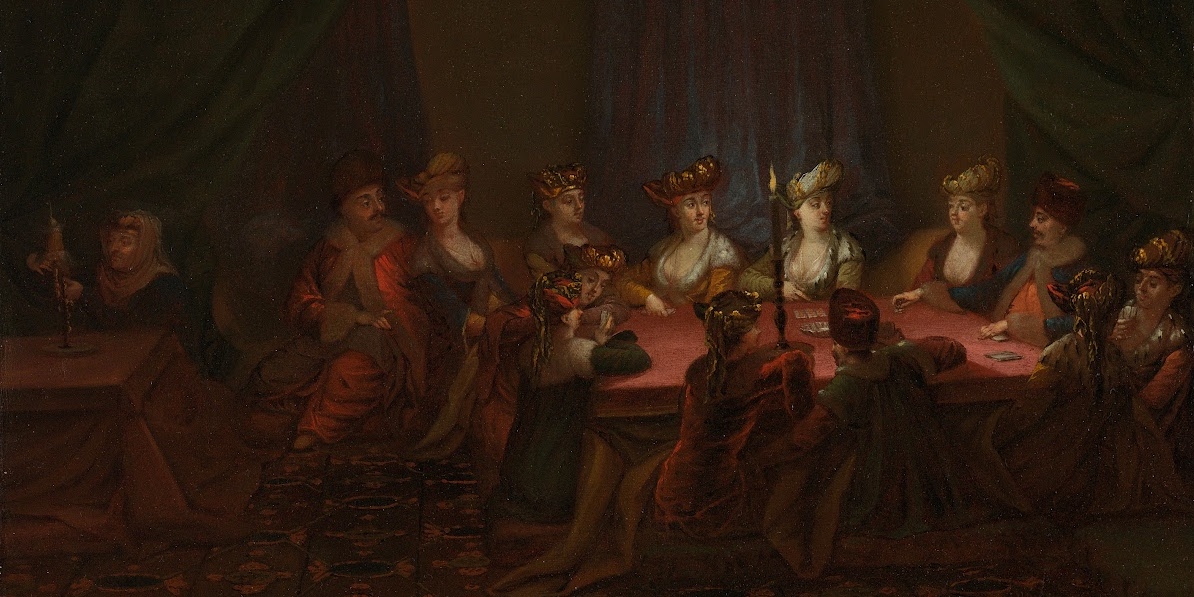Pastoral Nomads and Legal Pluralism in Ottoman Jordan
with Nora Barakat
Groups variously labeled as nomadic and tribal formed an integral part of Ottoman society, but because their communities exercised a wide degree of autonomy, they are often represented as somehow separate or "other" to urban and settled populations. However, the social history of these communities reveals that tribes and their members were involved in the continual transformation of Ottoman society not just as a force of resistance or hapless victims of state policies but also as participants. In this podcast, Nora Barakat deals with the social history of such communities, which appear in the court records of Salt (in modern Jordan) as "tent-dwellers," and their place in the complex legal sphere of the Tanzimat era during which both shar`ia law courts as well as new nizamiye courts served as forums for legal action.
Stream via Soundcloud (US / preferred)
Nora Barakat is a PhD candidate at UC-Berkeley studying the legal and social history of Ottoman Syria
Chris Gratien is a PhD candidate studying the history of the modern Middle East at Georgetown University (see academia.edu)Citation: "Pastoral Nomads and Legal Pluralism in Ottoman Jordan." Nora Barakat and Chris Gratien. Ottoman History Podcast, No. 61 (July 24, 2012) http://www.ottomanhistorypodcast.com/2012/07/pastoral-nomads-and-legal-pluralism-in.html.
Agmon, Iris. Family & court: legal culture and modernity in late Ottoman Palestine. Syracuse, NY : Syracuse University Press, 2006.
Kasaba, Reşat. A moveable empire : Ottoman nomads, migrants, and refugees. Seattle: University of Washington Press, 2009.
Mundy, Martha, and Richard Saumarez Smith. Governing Property: Making the Modern State Law Administration and Production in Ottoman Syria. London: I.B. Tauris, 2007.
Rogan, Eugene L. Frontiers of the State in the Late Ottoman Empire: Transjordan, 1850-1921. Cambridge: Cambridge University Press, 1999.
Rubin, Avi. Ottoman Nizamiye Courts: Law and Modernity. New York: Palgrave Macmillan, 2011.










Comments
Post a Comment
Due to an overwhelming amount of spam, we no longer read comments submitted to the blog.